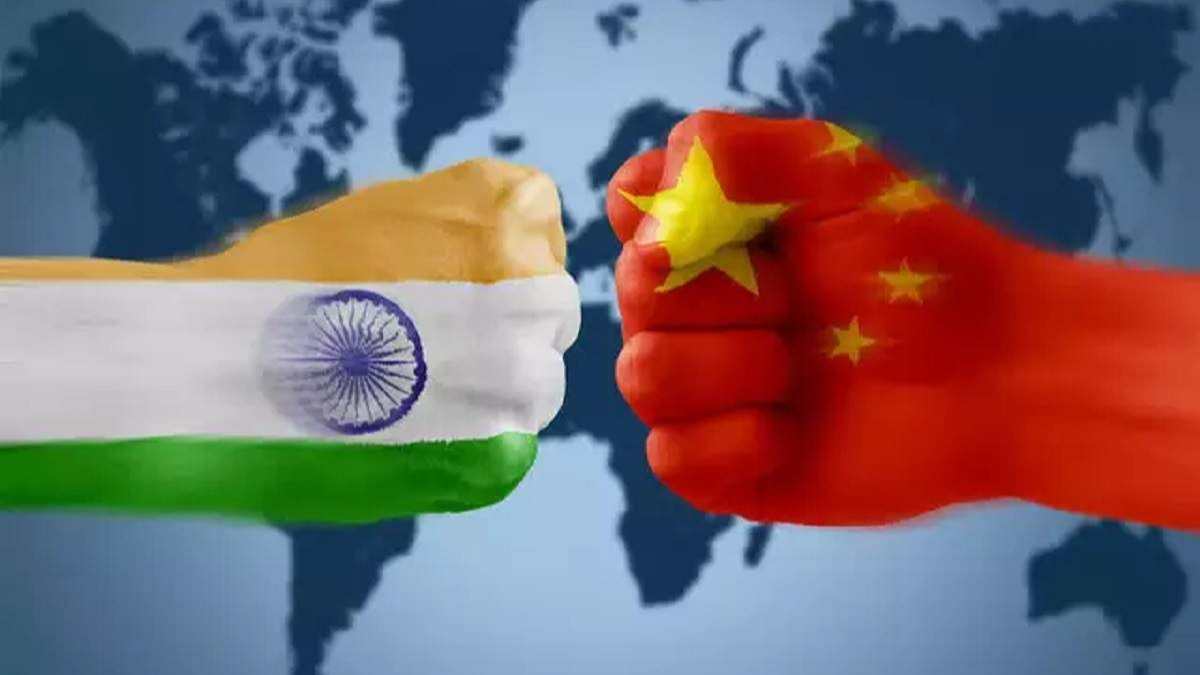Half a century has gone by but little has changed in India’s dovish approach to China’s overbearing and increasing influence. Neither has the Chinese line of thought budged from following the aphorisms of Sun Tzu, an ancient military strategist who encouraged the nation to appear weak when strong and strong when weak.
Since its inception in 1949, this one-party communist state has engaged in maleficent practices of political repression, mass surveillance, censorship and human rights abuses. And yet, the communist state has commanded a key place in the diplomatic sphere of the world.
The country with a known record of human rights violation was once again appointed to the United Nations Human Rights Council in 2020, even after 39 nations lambasted China at the UN General Assembly for its abuse of Uyghur Muslims, an ethnic minority in the Xinjiang region of the country and its conduct in crushing dissent with force in Hong Kong.
DUBIOUS FOOTING
The economic reforms introduced by China in 1978 brought in a cascade of significant achievements for the country and made it the world’s fastest growing consumer market while developing the world’s largest banking sector and raking in the highest exports. Today, China has become the second largest economy in the world with a GDP of $13.6 trillion, trailing only behind the US. From a defence perspective, China is a recognised nuclear weapons state that has the world’s largest standing army and the second largest defence budget.
With a place in the UN Security Council, a growing economy, rapid infrastructural development and expanding military, China is now characterised as an emerging superpower. Such an incremental rise in its economic, defensse and technological prowess makes it an imposing political entity in the eyes of the world’s leading democracies, including India. In 2013, China initiated the Belt and Road Initiative, an infrastructure project to build overland routes for road and rail transportation through the land locked regions of Central Asia—a move aimed at the creation of a Sino-centric international trade network.
Though China contends that the project has provided markets for commodities, created employment and stimulated industrialisation and technology transfer for host nations, many critics believe that the initiative is a form of neo-colonialism. The allegation has some basis since the funds that China gives to nations under BRI often involve the practice of debt diplomacy, a practice in which the lending nation seeks to saddle the borrowing nation with enormous amounts of debt in order to leverage power over it.
FLAGRANT VIOLATIONS
With its increasing financial, military and technological power, China has escalated conflicts with other nations over the last few years. Those nations having an interest in the South China Sea and nations such as India with whom it shares a border are often at the receiving end of China’s threats and aggressions. The recent clashes in Ladakh’s Galwan Valley where 20 Indian soldiers lost their lives in a confrontation with Chinese forces along the Line of Actual Control (LAC) demonstrates how fast hostilities between the two nations can boil over into armed conflicts.
INDIA’S MOMENT
Keeping in view China growing political, economic and military assertions that pose an imminent threat to democratic ideals globally, an international group of parliamentarians from 19 democratic nations—known as the Inter-Parliamentary Alliance on China (IPAC)—was formed in June 2020.
Till now, India is not a part of this alliance of democratic nations that has representation from legislators from the US, Australia, Canada, France, Germany and UK, amongst others. Joining such a global alliance could provide India a platform to bring international attention to the many issues that involve China. From aggressions on the border, to the South China Sea and the plight of Tibetans, several issues of Chinese expansionism with global significance have a direct impact on India. As a democratic nation that aims for peace and progress globally, India has a responsibility to voice its concerns with China’s growing aggression on international forums. Taking a leadership role in global issues involving China will also serve to strengthen India’s position as a growing power that stands for human rights and democratic ideals.
Asia lacks a multinational, democratic alliance to collectively respond to threats that China poses to all other nations in the region. India can play a pivotal role in leading Asian nations into global alliances such as IPAC that are attempting to build coalitions that can preserve democratic values around the world.
The writer is the founder of Red Lantern Analytica, an international affairs observer group based in New Delhi.







